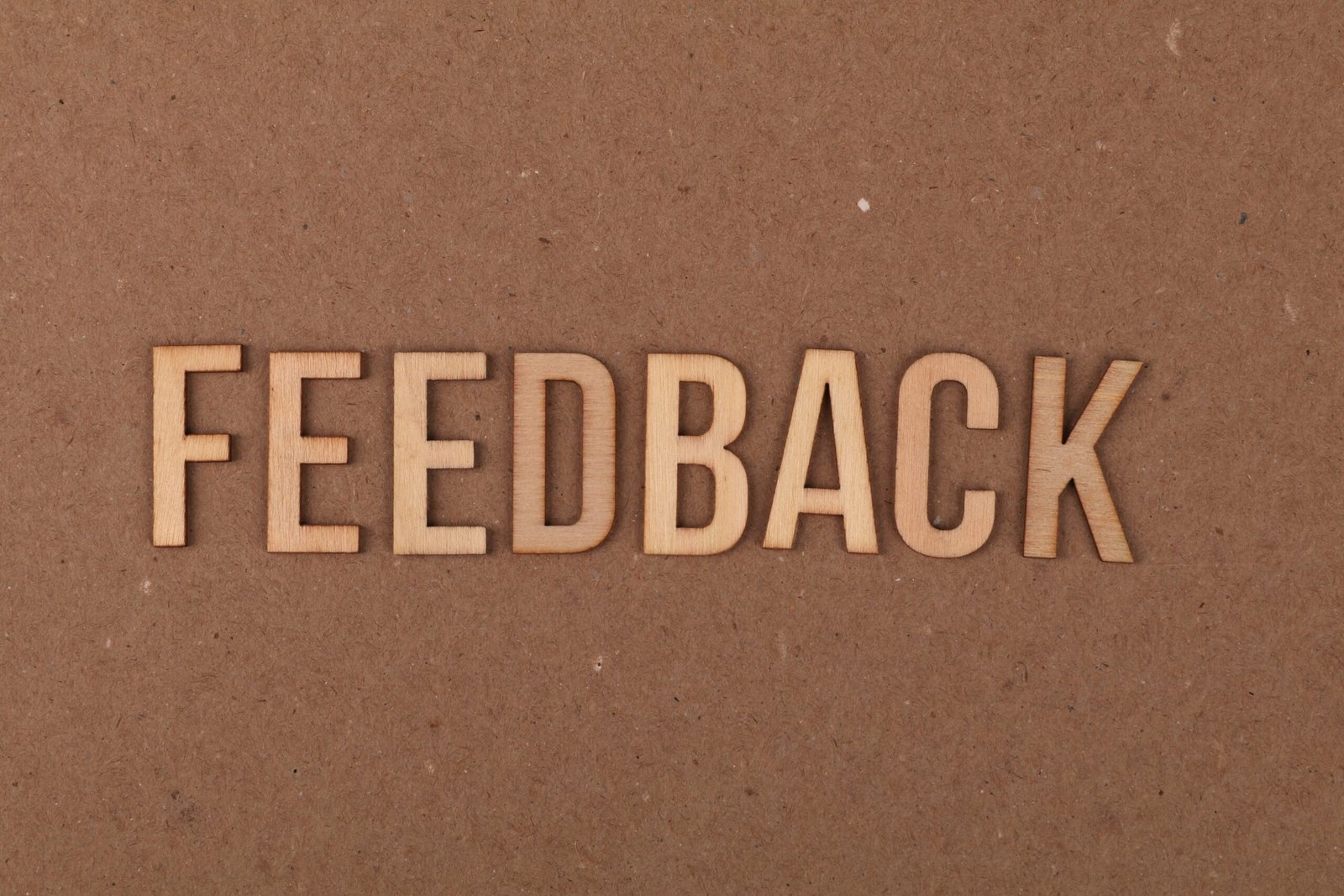Hiring a lawyer is a significant step in navigating legal matters, from drafting contracts to complex litigation. Your lawyer acts as your advocate, providing you with the expertise required to understand and tackle the legal issues you face. However, what should you do when your lawyer’s performance falls below your expectations? This article aims to guide you through identifying and addressing concerns about your lawyer’s performance so you can make informed decisions about your legal representation.
Identifying Concerns
Communication Gaps
A lack of timely and transparent communication is one of clients’ most common concerns with their lawyers. Lawyers are often busy, but a lack of communication can harm your case.
Missed Deadlines
The legal world operates on strict timelines. Missing a single deadline can have severe repercussions for your case.
Recommendation: Promises and Progress: Holding Your Lawyer Accountable
Lack of Transparency
Transparency about billing, time spent on your case, and the approach used is crucial. Unclear invoices or a failure to provide a clear strategy can be signs of poor performance.
Inadequate Skill Set
Though lawyers often specialize in certain areas, they should have the basic skills required for your case. If your lawyer seems uncomfortable with the issues at hand or makes apparent errors, you may have reason for concern.
Ethical Concerns
If you suspect your lawyer is not acting ethically—conflicts of interest, dishonesty, or misuse of funds—you have a severe issue that needs immediate attention.
Addressing Concerns
Open Dialogue
The first step in resolving your concerns is communicating directly with your lawyer. Express your concerns clearly and ask for explanations. Lawyers are trained professionals; they should be willing and able to explain their actions and decisions.
Document Concerns
Record all interactions with your lawyer, including your concerns and any steps to address them. This paper trail could be vital in any future disputes or proceedings.
Consult the Retainer Agreement
Your retainer agreement outlines the responsibilities of both parties. Consult it to understand the terms and whether your lawyer meets their obligations.
Seek a Second Opinion
If your concerns persist, don’t hesitate to consult another lawyer for a second opinion. This can offer valuable perspective and help you decide whether to continue with your current lawyer.
Recommendation: Understanding Legal Fees: What to Expect and How to Budget
File a Complaint
In extreme cases, you may need to file a complaint with your jurisdiction’s legal oversight body. Before taking this drastic step, consult another lawyer to understand the implications and viability of your complaint.
Change Lawyers
Sometimes, the best course of action may be to change your lawyer. The process usually requires notifying your current lawyer in writing and settling any outstanding bills. The new lawyer will handle the transition of your case materials.











